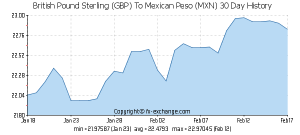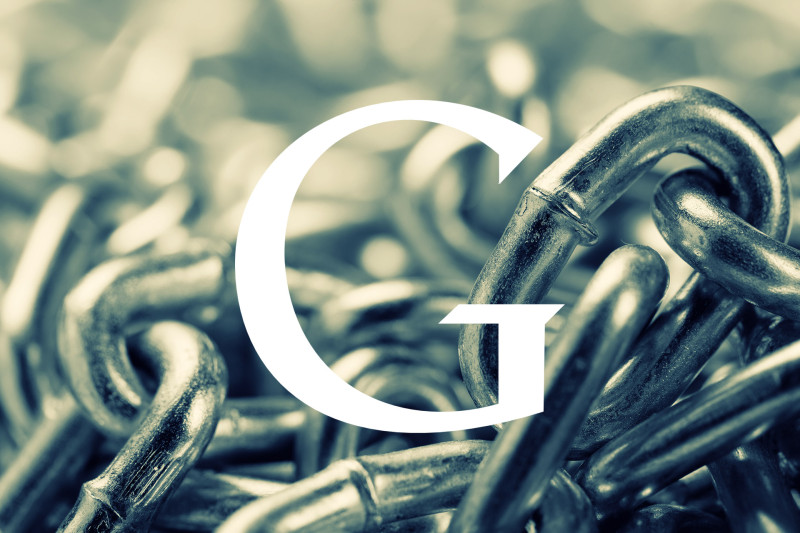The latest topic of discussion amongst SEO’s right now is this article on Search Engine Land. Google Engineer John Mueller is quoted as saying, in regards to whether link building is in any way good “in general, I’d try to avoid that.”
 This as you can imagine has sparked off discussion after discussion about what was really meant by this, what is the real context of the discussion, what is link earning vs. link building and inevitably is the link dead.
This as you can imagine has sparked off discussion after discussion about what was really meant by this, what is the real context of the discussion, what is link earning vs. link building and inevitably is the link dead.
Whatever it means – and lets be honest it is extremely cryptic and grey – it is sure to send masses of webmasters and digital marketers off on a tangent where the link is bad and all you need is great content.
Good luck with that.
Let’s actually take this discussion out of the realm of Google hangout theory and put it into the real world.
Take your content – your very best Pulitzer prize winning work – format it so that it is the most beautiful thing on the internet, and post it to your shiny new blog and just wait for the traffic, the likes and the accolades to roll in.
I can tell you if that is all you do, you will be waiting and waiting and waiting. Nothing will happen,
Why? Because links are central to all Google does.
Call them shares, call it content distribution, call it link earning. It doesn’t matter what name they go by. They are links and they matter. Ignore them at your peril.
Google was created on the back of the importance of links. Yes, in their zeal to rid their SERPs of spam we know algorithm changes over the years have made not all links equal in terms of their effect. And generally, this has improved the search result landscape to reward the legitimate and penalise the spammy. No one would argue this is not an admirable goal.
But there is a tension here. In a bid to disassociate ourselves with the spammers and “black-hatters”, there is a tendency to renounce all links as bad, bad, bad. In some circles, this linkophobia has reach fever pitch with some in the industry wanting to obliterate any mention of link building from the realms of best practice (white hat or ethical, if you prefer) search engine optimisation.
But in a world where links matter that is not going to happen.
So then, why do links matter?
1. Links Indicate value
 The fact is in internet terms links carry value. Links have currency – some are strong (like UK Pounds or Euros), others are weak (like Pesos. Not all links are the same, but they carry value with them and we can’t ignore that.
The fact is in internet terms links carry value. Links have currency – some are strong (like UK Pounds or Euros), others are weak (like Pesos. Not all links are the same, but they carry value with them and we can’t ignore that.
Got a spammy or weak backlink profile? Then that is going to affect how Google views your site. Got strong links from high value, quality, authoritative and revelant sites, that also is going to affect how you rank. The content can be on par, but the sites won’t rank the same based on the value carried to your site from your backlink profile (all things being equal).
2. Links are roads that we travel online
Back in the frontier times of the internet (when the mainsteam media talked about the information superhighway) search was bad and the best way to get around and discover cool stuff was by using Yahoo directory and Dmoz.
Thankfully, things have changed. But what hasn’t changed is the fact links still carry us around online.
Imagine is the internet failed to have links between sites – how would it work? Links are integral to the way the internet works. So much so that when Google and other search engines want to crawl and index it, they send out their faithful Googlebots to do this. And how do those Googlebots get around from page to page, site to site? Via links.
Inherent in what they crawl and how they get around are links.
3. Links Remain Incredibly Practical
 Taking the importance of links to the internet a step further, they actually are incredibly practical for the purposes of doing stuff online.
Taking the importance of links to the internet a step further, they actually are incredibly practical for the purposes of doing stuff online.
For example, you want to share a cute cat video via your Facebook. You need a link. You want to show your wife a listing of a house to look at. You need a link. You want to tell your friends about your latest blog post with an email. You need a link.
Links are still how we turn the page online. And this matters when it comes to search, and more generally, marketing online.
4. We don’t have a better alternative
Ok, so not the most compelling reason, but it’s a fact.
Yandex, the Russian search giant, made big news when they announced they were dropping links from their search algorithms.
 Well first of all, their no links approach is only for commercial enquiries within the Moscow area; a small percentage of their overall search results.
Well first of all, their no links approach is only for commercial enquiries within the Moscow area; a small percentage of their overall search results.
Secondly, many people took this development as a sign Google would follow suit. Not so according to Google & Matt Cutts who said that internal “no-link” testing had revealed search results were of poorer quality than when links were included (read here for more).
Information such as this points to the fact, there really is no better alternative right now than for links to matter when it comes to search.
TL;DR – Yes, some link building is bad, but links still do matter
